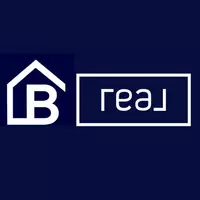Groundfloor: Mortgage eREIT Investments
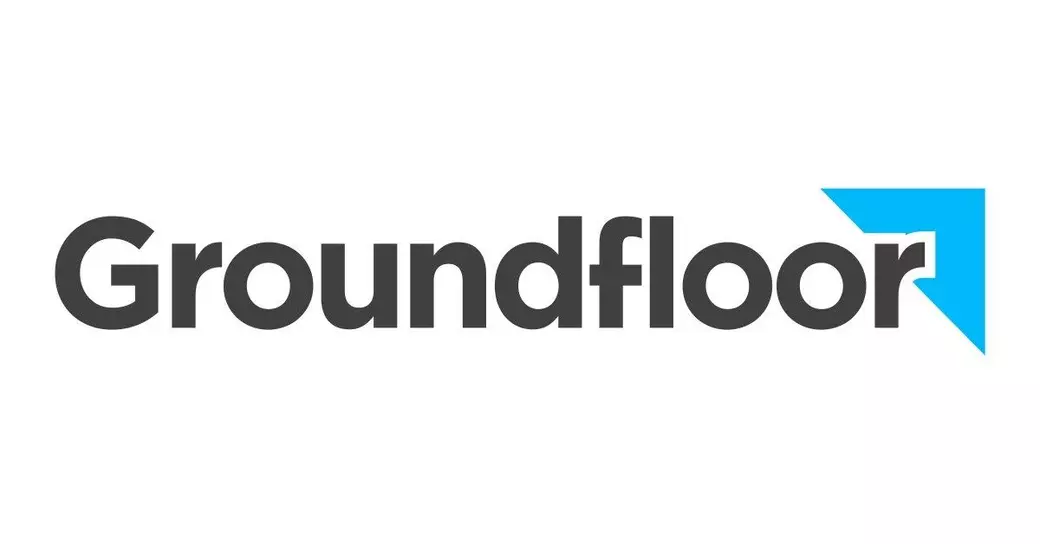
🏡 What is Groundfloor?
Groundfloor, founded in 2013 and headquartered in Atlanta, is an online real estate lending marketplace. It offers fractional real estate debt investments starting at just $100, making it accessible to both accredited and non-accredited investors (blog.groundfloor.com).
Unlike traditional REITs that invest in property equity, Groundfloor focuses on first‑lien mortgage loans—short-term financing (6–24 months) for residential development projects, secured by real estate. Loans typically carry interest rates of 5–15%, with most repayments occurring within a year .
The Flywheel Portfolio: Groundfloor’s eREIT Alternative
Groundfloor offers the Flywheel Portfolio, its REIT-like product under Regulation A+. It pools investor capital to finance hundreds of short-term mortgage loans.
-
Minimum investment: $100
-
Target returns: approximately 9–14.5% annual (businessinsider.com)
-
Fee: ~0.25% quarterly asset-management fee (businessinsider.com)
-
Liquidity: loans generally resolve within 36 months, with monthly principal + interest distributions (businessinsider.com)
Groundfloor reports historical loan returns around 10–12% annually on six- to twelve-month loans (blog.groundfloor.com).
Recent Performance
Groundfloor’s publicly disclosed performance trends show:
| Month | Yield | Monthly Loss Rate | 12‑month average return |
|---|---|---|---|
| Jan 2025 | 10.10% | — | 9.88% (smartasset.com) |
| Feb 2025 | 10.44% | 2.46% | 9.89% |
| Mar 2025 | 10.42% | — | 9.90% |
| Apr 2025 | 10.67% | 2.05% | 9.91% |
Historic loss rate remains low—around 0.9% overall, with recent months at ~2% .
What Makes Groundfloor Unique?
-
First‑lien simplicity – Mortgage-backed debt is generally senior and secured.
-
Short-term structure – Loan durations of 6–12 (up to 36) months allow more frequent capital turnover.
-
Low entry point – Starting at $100, it's democratized real estate lending.
-
Auto‑invest available – Targeted diversification with automated allocation (businessinsider.com).
-
Regulatory clarity – Groundfloor qualified for SEC’s Reg A+ early and elects to be taxed as a REIT starting 2023, with associated tax transparency (sec.gov).
Risks to Consider
-
Loan performance: While loss ratios under 1%, individual loan defaults can occur—average monthly losses hover around 2% (blog.groundfloor.com).
-
Illiquidity concerns: Though short-term, loan prepayment or sales could accelerate liquidity, there's no market for reselling your eREIT stake.
-
Tax complexity: Groundfloor is taxed as a REIT; distributions may include different character (interest, return of capital), impacting tax obligations (sec.gov).
Comparison with Traditional eREITs
Platforms like Fundrise offer equity or debt-based eREITs with dividends from rental and property appreciation, targeting 8–12% returns (en.wikipedia.org). Groundfloor is debt-focused, with shorter terms, and yields averaging 10–12%, making it a compelling alternative for yield‑seeking investors.
Is Groundfloor Right for You?
✅ Pros:
-
High historical yield (~10%)
-
Low entry barrier and short terms
-
Diversified loan exposure via Flywheel
-
Transparent track record and regulatory compliance
⚠️ Cons:
-
No guaranteed returns—risk of defaults
-
Limited liquidity compared to stocks or public REITs
-
REIT tax mechanics may complicate filings
Ideal for investors seeking higher-yield, short-term fixed income with moderate risk tolerance and a willingness to navigate occasional defaults and REIT-related tax treatment.
Final Thoughts
Groundfloor’s mortgage eREITs, especially the Flywheel Portfolio, blend real estate debt yields with 6–12 month loan durations and strong transparency. With consistent 10–11% returns and a well-defined risk profile, it offers a distinct alternative to traditional public or private REITs—suitable for investors aiming for reliable yield plus manageably low entry hurdles.
Disclaimer: Past performance isn’t a guarantee of future results. As always, diversify your investments and consult a financial advisor to assess tax impacts and overall fit.
Categories
- All Blogs (32)
- banking (7)
- building (1)
- buying (11)
- credit (4)
- development (1)
- finances (16)
- flipping (2)
- homebuyer (8)
- househacking (4)
- infinitebanking (1)
- insurance (1)
- investing (21)
- land (1)
- luxury (1)
- real estate (24)
- reit (1)
- renting (2)
- retirement (7)
- savings (3)
- secondhome (1)
- selfdirectedIRA (2)
- sellers (2)
- staging (1)
- taxes (1)
Recent Posts

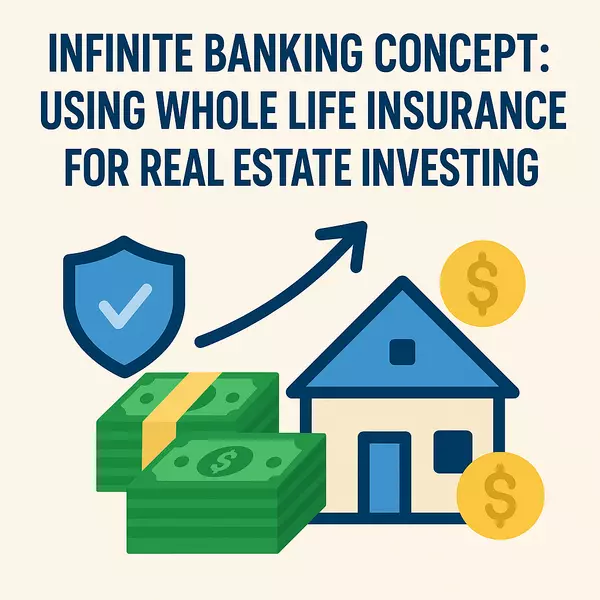
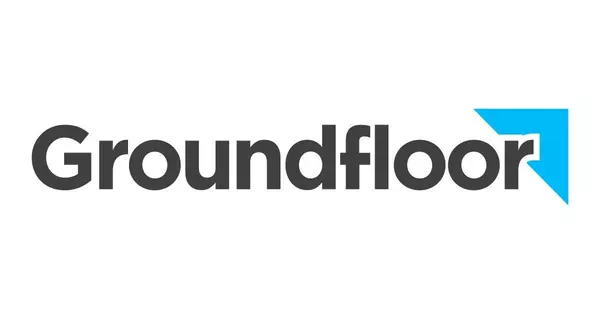

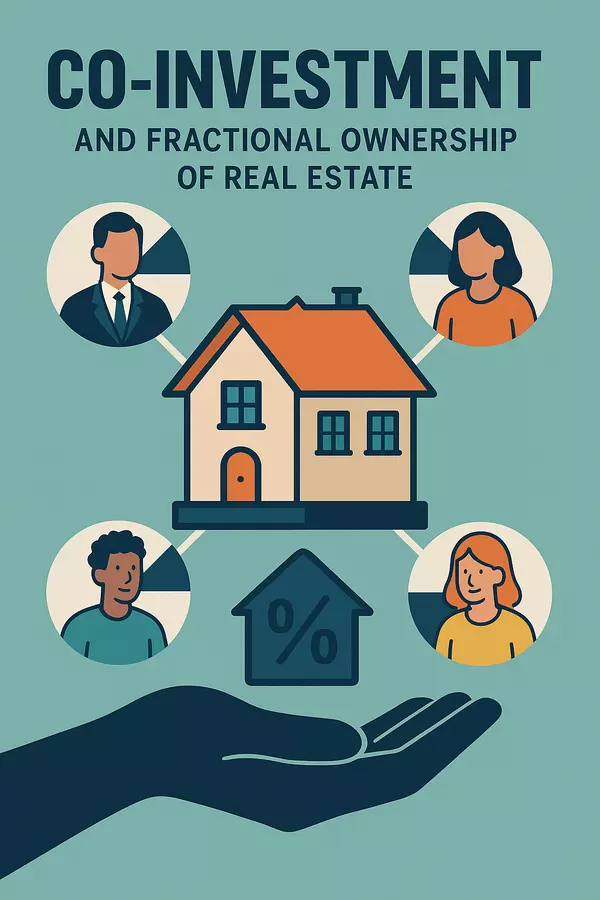
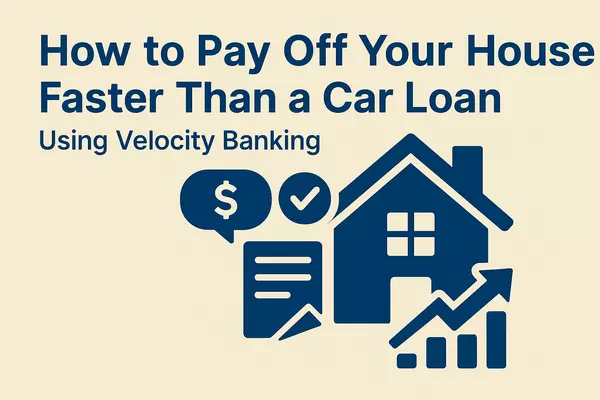
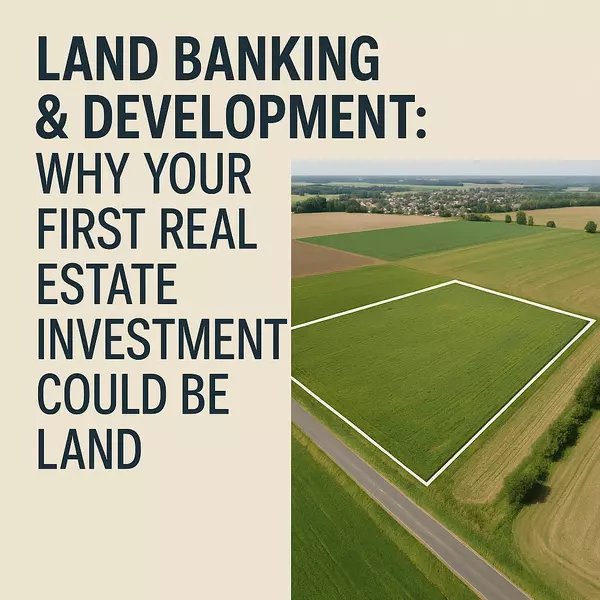

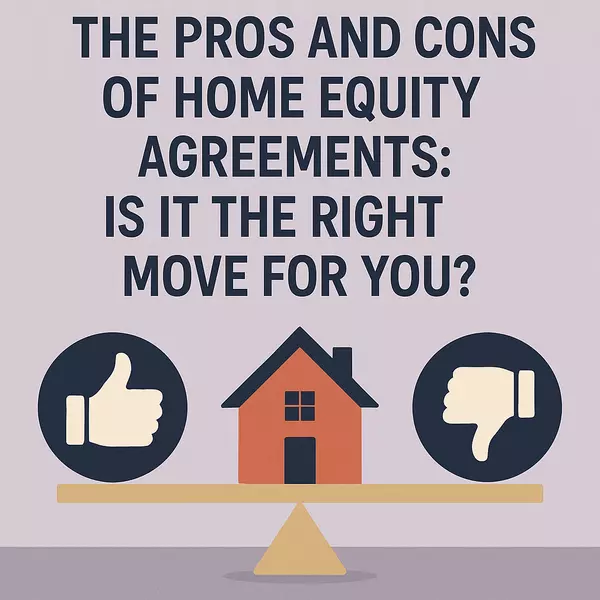
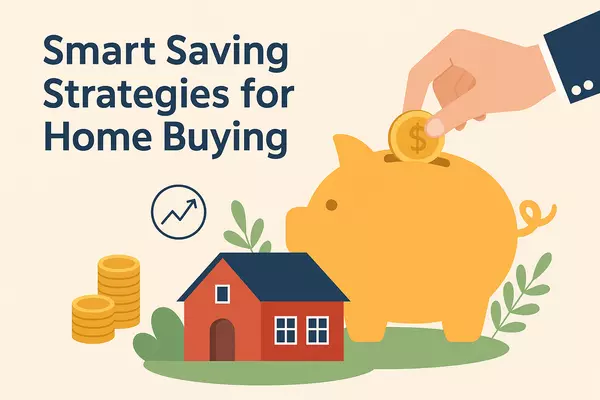
GET MORE INFORMATION

